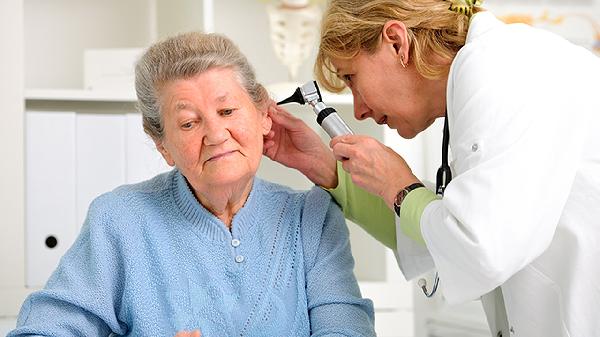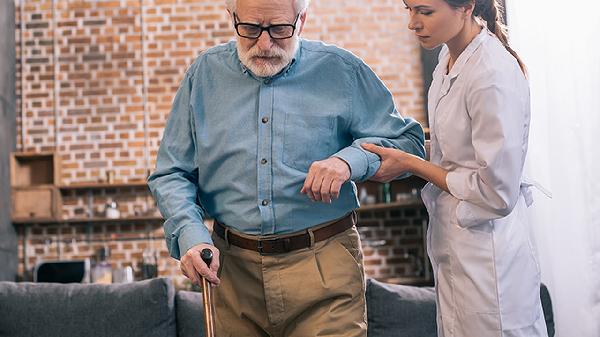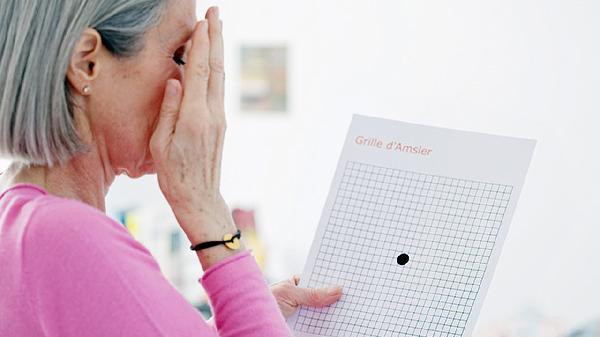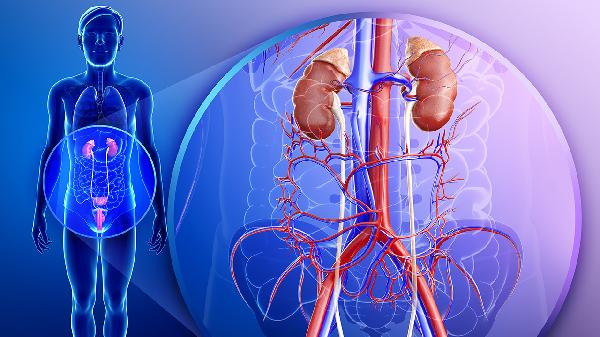As we age, the human body becomes very prone to various discomforts, which can cause a lot of worry and frustration, severely affecting the quality of life for the elderly. For example, many elderly people may find themselves frequently hiccuping. Therefore, to effectively alleviate this, it’s essential to understand what causes frequent hiccups in the elderly, so that the issue can be quickly resolved.

1. Possible stomach issues
Hiccups are often caused by stomach distension, which is why we frequently experience them after eating too quickly or swallowing a lot of air while talking during meals. In real life, if the stomach gets cold or if dry, hard, or spicy foods are consumed, temporary hiccups may also occur. If hiccups happen frequently, even without eating, it could be due to a Helicobacter pylori infection, indicating a stomach disease.
2. Possible hiccup disorder
Persistent hiccups could be a condition known as hiccup disorder. This disorder involves involuntary spasms of the diaphragm and intercostal muscles, which assist in breathing, accompanied by a sudden closure of the glottis during inhalation, causing air to rapidly enter the bronchial tubes and produce specific sounds. Hiccups that occur frequently or last more than 24 hours are termed intractable hiccups.
3. Possible cancer onset
If frequent or periodic gastrointestinal discomfort occurs, it’s important to take it seriously. When hiccup symptoms are severe, immediate medical attention through gastroscopy, blood tests, etc., is necessary for diagnosis, early detection, and early treatment. Continuous hiccups should be a warning sign for cancer. If continuous hiccups occur, do not take them lightly, as they could be a signal for liver cancer. Clinically, there have been cases where continuous hiccups led to the discovery of liver cancer. Continuous hiccups could be due to liver enlargement caused by a tumor, stimulating the diaphragm and causing spasms. Additionally, patients with esophageal cancer, cardia cancer, or stomach cancer may also experience continuous hiccups.
4. Possible stroke
If an elderly person experiences continuous hiccups along with impaired body movement, unclear speech, or even unconsciousness, especially if they have underlying conditions like hypertension, hyperlipidemia, coronary heart disease, or arteriosclerosis, it’s crucial to be alert for a stroke and seek medical attention immediately. Strokes can cause hiccup symptoms because, on one hand, after a stroke, brain lesions directly or indirectly affect the respiratory center, and the brainstem cardiovascular control areas become blocked, leading to autonomic nervous system dysfunction and continuous diaphragm contractions, resulting in hiccups. On the other hand, after a stroke, stress ulcers often occur, causing upper gastrointestinal bleeding, which irritates the gastric mucosa and affects the diaphragm, leading to diaphragm spasms and hiccups.
Although hiccups are a normal occurrence, if an elderly person hiccups persistently, family members should be vigilant and promptly take them to the hospital to avoid uncontrollable situations.
























